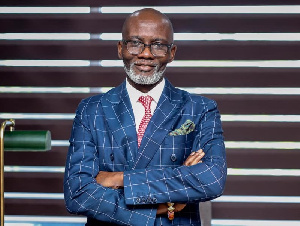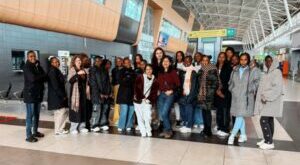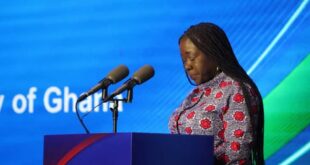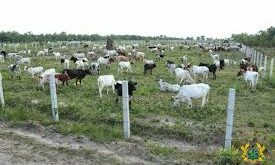Gabby Asare Otchere-Darko, a member of the governing NPP, has advised members of the party not to play politics of equalisation with inflation figures and to only treat Ghanaians as voters in an election year.
According to him, this is not the time that NPP members should play politics of equalisation with members of the opposition NDC.
He said at this stage where the economy is facing high inflation, with high-interest rates and the cedi depreciating, the people of Ghana rather need to be treated as citizens.
Gabby noted in a tweet on Tuesday, October 18, that politics of comparisons work better in an election year, therefore, it is prudent for the government to work on how the citizens can make ends meet because that is what they care about.
He maintains that currently the world is experiencing an unprecedented economic crisis and Ghana is suffering badly from the situation because it is recovering from the COVID-19 pandemic.
“NPP shouldn’t play the politics of equalization with the NDC on inflation, interest rates & cedi depreciation.
“The world is facing an economic crisis like never before in peace time. Ghana has been hit very hard because our economic recovery was being delicately managed pre-COVID,” Gabby Asare Otchere-Darko tweeted.
“This is not election year, so don’t treat Ghanaians like voters but citizens. Politics of comparisons works when elections are before us.
“Right now people just care about how to make ends meet. Use your energy in showing what is being done to bring relief,” he warned.
Ghana’s inflation rate has increased to 37.2 percent in September 2022. The Ghana Cedi, is struggling.
The Cedi has been reported by Bloomberg to be the world’s worst-performing currency this year as investors continued to squeeze foreign capital into the west African country before a deal with the International Monetary Fund.
The currency of the world’s second-biggest cocoa producer depreciated as much as 3.3% Monday, before paring the loss to 11.2750 per dollar at 3:30 p.m. in the capital Accra. That took its losses this year to more than 45%, the most among 148 currencies tracked by Bloomberg.
Source: www.ghanaweb.com
 Home Of Ghana News Ghana News, Entertainment And More
Home Of Ghana News Ghana News, Entertainment And More





